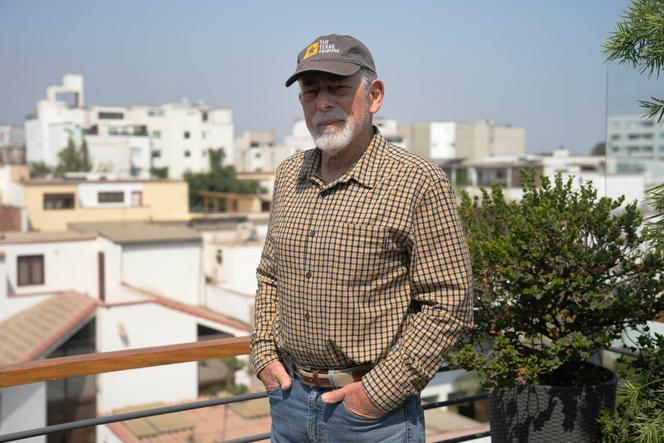

LETTER FROM CUZCO

At the end of March, some worrying news awaited the well-known and respected Peruvian investigative journalist Gustavo Gorriti, aged 76. A letter informed him that an investigation had been opened against him by the public prosecutor's office and asked him to hand over his telephone to identify his sources, in violation of the American Convention on Human Rights and his country's constitution. The reason given was an alleged corruption offense linked to magistrates. This accusation was based on dubious testimony according to his supporters who believe that the courts are above all accusing him of being overzealous in his coverage of several emblematic cases. Media advocacy groups believe this is a way of silencing him and gaining access to his communications.
Gorriti, known for having practiced his profession with great seriousness – he is considered one of the greatest Latin American journalists – and not without difficulty – he was kidnapped in 1992 under the presidency of Alberto Fujimori (1990-2000) –, was not surprised. His work has often led to the revelation of corruption scandals, notably in the so-called "Odebrecht" case which exposed Peru's most senior leaders. With his impeccable shirt and appearance, despite cancer treatment, he had been denouncing a "smear campaign" against him for months.
The journalist has been constantly harassed in recent years by radical far-right groups, some of them linked to Fujimorism, such as La Resistencia. They accuse him of being in the service of "terrorists," a term inherited from the Peruvian armed conflict referring to the extreme left and, by extension, to any protest movement.
La Resistencia and other organizations regularly hang around in front of the modest headquarters of his online newspaper, IDL Reporteros, whose offices overlook the street. As a result, the journalist works with the shutters closed and has reinforced his personal security. But the most disturbing aspect of this latest episode is the role played by the authorities.
"We're witnessing a war by the public prosecutor's office against investigative journalism," said Rodrigo Zimmermann, director of the Press Council, an entity charged with overseeing the proper conduct of the media. "It includes espionage, infiltration, demands to reveal sources, harassment and bans on covering certain facts of public interest," he added.
At the end of April, the Press Council published a report highlighting the disturbing actions of the public prosecutor's office and its "alarming role in attacks on the press." The report's authors focused in particular on the initiatives of one civil servant, Patricia Benavides, who became attorney general in 2022, believing that she "condones the opening of investigations against journalists for their critical coverage." Benavides, currently suspended, is under investigation for influence peddling.
You have 52.36% of this article left to read. The rest is for subscribers only.
